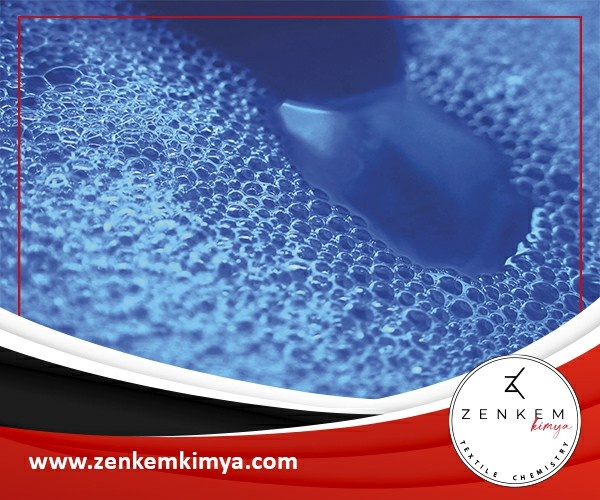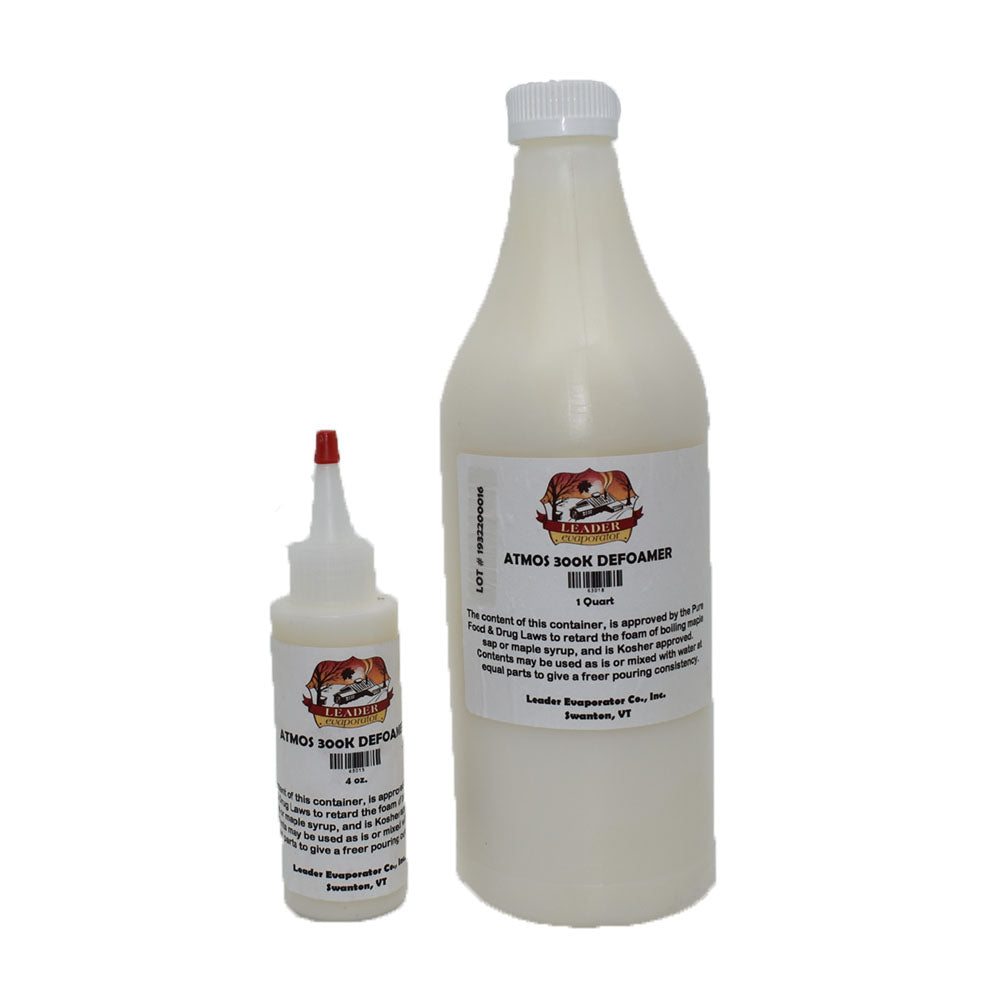Defoamers: Key Solutions for Managing Foam in Various Processes
Defoamers: Key Solutions for Managing Foam in Various Processes
Blog Article
The Role of Defoamers in Enhancing Item High Quality and Performance
In various making processes, the presence of foam can dramatically hinder product quality and functional efficiency. Defoamers act as important ingredients that alleviate this issue, guaranteeing smoother production workflows while improving the aesthetic and practical characteristics of the end products (defoamers). Their application covers a wide variety of industries, from food and drink to drugs, where consistency and reliability are vital. However, the selection of the appropriate defoamer can be crucial to achieving ideal outcomes, raising crucial concerns about solution compatibility and performance metrics that warrant further exploration.
Recognizing Defoamers
Understanding the duty of defoamers is essential for maintaining product high quality across numerous industries. Defoamers are chemical ingredients made to protect against the formation and minimize of foam in liquid systems, which can negatively affect processes such as mixing, filling, and surface area stress. Lathering can lead to ineffectiveness, product flaws, and jeopardized aesthetic appeal, making defoamers a vital element in manufacturing procedures.
In commercial applications, defoamers aid to improve product consistency and stability. In the paint and coatings industry, foam can interfere with the application process and the last surface. In food and drink manufacturing, extreme foam can hinder bottling and product packaging efficiency. The efficient use defoamers not only makes certain smoother manufacturing processes but additionally adds to remarkable product efficiency.
Moreover, the option and formula of a defoamer must line up with specific application needs, such as compatibility with various other active ingredients, effectiveness under varying temperature and pH problems, and possible regulatory restrictions. Eventually, understanding defoamers' features and their value in numerous formulations is crucial for optimizing production and making certain the finest final product.
Kinds of Defoamers
Defoamers can be categorized right into several types based on their structure and device of action. The key kinds include silicone-based, non-silicone natural, and not natural defoamers.
Silicone-based defoamers are amongst one of the most effective, mostly because of their capability to spread promptly on the fluid surface area and disrupt foam formation. Their one-of-a-kind chemical structure enables for remarkable security, making them ideal for high-temperature applications and environments with varying pH levels.
Non-silicone organic defoamers, usually composed of all-natural oils or fatty acids, are valued for their biodegradability and reduced poisoning. These are generally made use of in food and beverage applications where security and ecological influence are extremely important.
Inorganic defoamers, which include compounds like talc or calcium carbonate, act by enhancing the density of the liquid, thus minimizing foam stability. They are frequently made use of in commercial processes where compatibility with other products is not a worry.
Each sort of defoamer has distinctive benefits and constraints, permitting tailored solutions relying on the details foaming problems encountered in numerous applications. Understanding these distinctions is crucial for enhancing efficiency and attaining preferred item quality.
Applications Across Industries
Many markets leverage defoamers to improve product quality and functional performance. In the food and drink industry, defoamers are essential in procedures such as developing and milk manufacturing to stop foam development, which can bring about inefficiencies and product variance. By managing foam, manufacturers can guarantee far better return and a much more consistent item.
In the pharmaceutical sector, defoamers play a vital role in the solution of liquid medications, where excessive foam can hamper mixing and exact dosing. Their use assists keep the integrity of the solutions and assists in smoother production processes.
The paint and coverings industry additionally counts on defoamers to boost the performance of products during application. By minimizing foam, these additives make certain a smoother coating and enhance the visual top qualities of the last item.

Advantages of Utilizing Defoamers
While the application of defoamers differs across sectors, their advantages regularly enhance product quality and procedure efficiency. One considerable advantage is the reduction of foam formation during manufacturing procedures, which can otherwise bring about production hold-ups and variances in product top quality. By decreasing foam, defoamers enable a smoother flow of materials, assisting in a lot more reliable procedures and lowering the chance of equipment malfunctions.
Furthermore, the use of defoamers can boost the look and structure of end products. In industries such as finishings, paints, and food processing, excessive foam can jeopardize the visual aesthetic appeals and overall quality, while the ideal defoamer application ensures a consistent coating and preferable features. Defoamers can contribute to cost savings by lowering waste during production and enhancing the use of raw products.

Choosing the Right Defoamer
Choosing the best defoamer is essential for optimizing manufacturing procedures and ensuring product top quality. The selection of defoamer affects not only the effectiveness of foam control however additionally the general performance qualities of the last item. Elements to consider consist of the kind of application, the chemistry of the formula, and the environmental problems under which the item will be made use of.
Different markets might call for specific defoamer kinds, such as silicone-based, natural, or polymeric defoamers. Recognizing the compatibility of the defoamer with the Bonuses key components is vital to stay clear of adverse responses that might compromise item integrity. In addition, the defoamer's performance in various temperature levels and This Site pH levels should be assessed to ensure consistent performance.
Evaluating the defoamer in small applications can provide important insights right into its efficiency and viability. Factor to consider of governing compliance, especially in food, pharmaceuticals, and cosmetics, is critical in selecting a defoamer. Ultimately, an extensive evaluation of these aspects will certainly cause the choice of a defoamer that not just controls foam efficiently yet additionally enhances the high quality and performance of the end product.
Verdict

To conclude, defoamers are essential additives that considerably boost item high quality and efficiency throughout numerous markets. By effectively lowering foam development, these representatives not just enhance functional effectiveness however also add to the aesthetic and practical honesty of items. The critical choice and application of defoamers lead to cost savings, enhanced source usage, and boosted client contentment. On the whole, the value of defoamers in industrial procedures can not be overstated, as they play an important duty in accomplishing premium and constant outcomes.
Lathering can lead to inadequacies, item issues, and jeopardized visual charm, making defoamers an essential component in producing procedures.

Report this page